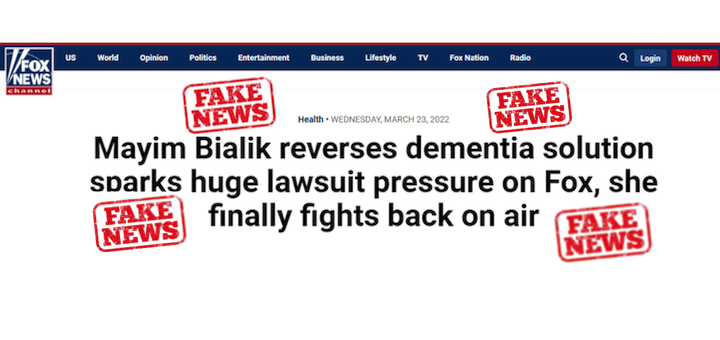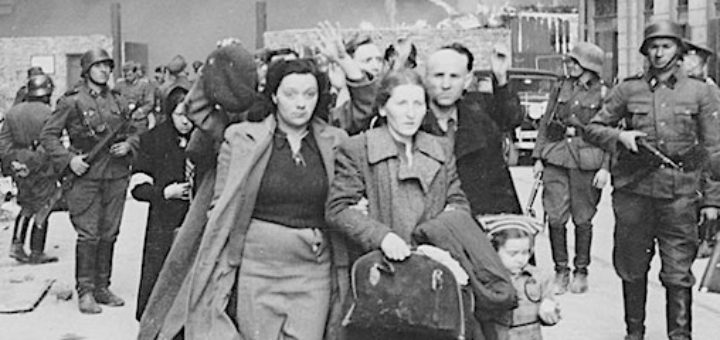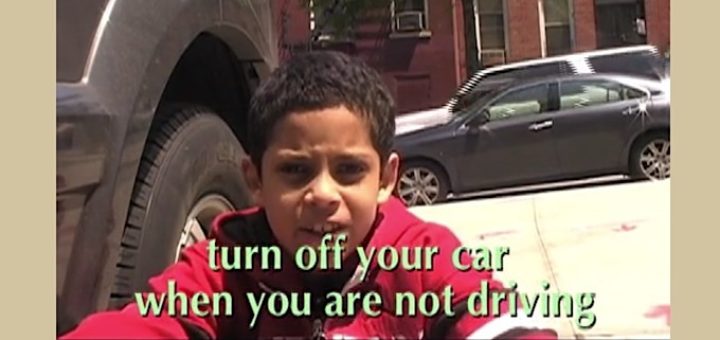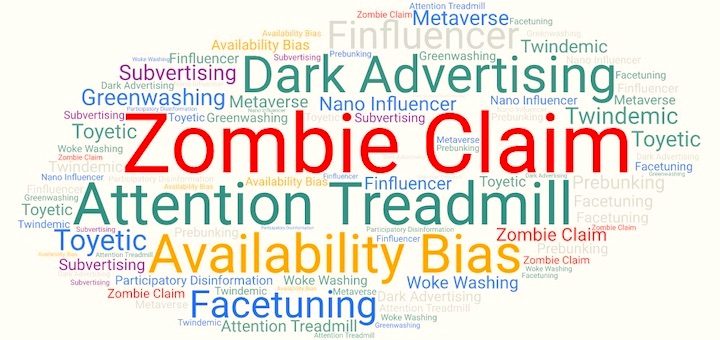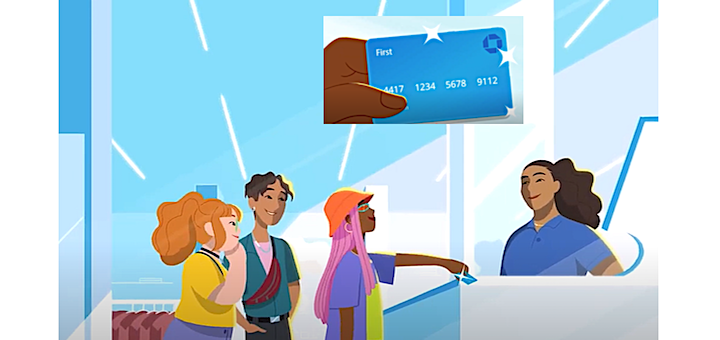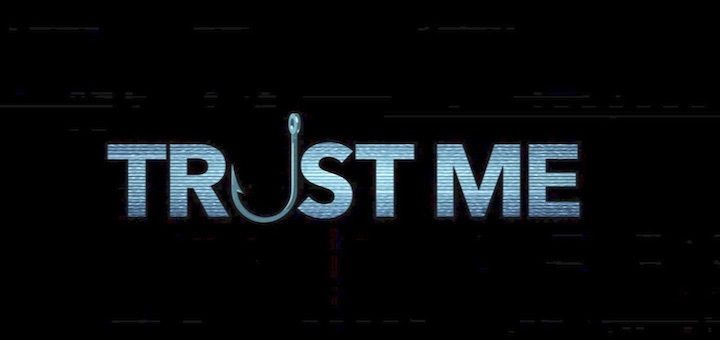Category: Close Reading the Media
Many of today’s middle schoolers lack a full understanding of the Holocaust. Media literacy consultant Frank Baker seeks to deepen their knowledge and awareness by sharing the survival story of one American family in a nonfiction graphic novel format students will be drawn to.
How do we help students question and verify what they read? It’s not that hard to check things out, writes media literacy expert Frank Baker, but teachers tell him many students today “won’t take the time to do even a cursory investigation.” Baker offers some teaching ideas.
What we do as educators to help our students better understand the reality of the Holocaust is crucial in a time of lies, half-truths and misinformation, writes media literacy expert Frank Baker. “It is my hope that the ideas, suggestions and resources offered here will be helpful.”
As Russia begins its invasion of Ukraine, many adults turn to the news to stay informed. Our students do too. Expert Frank Baker considers where kids get their news these days and shares resources to help them follow current events in an era of sensationalism and disinformation.
Involving your students in creating public service announcements (PSAs) not only promotes media literacy, writes Frank Baker, it builds teamwork skills, energizes kids to conduct research into authentic social issues, and gives them opportunities to write with real purpose.
Metaverse? Prebunking? Zombie claims? The rapid evolution of digital technology and methods of persuasion has unleashed a flood of words and phrases that need to be in students’ vocabularies. Media literacy expert Frank Baker offers examples from across current culture.
Students are constant targets of advertisers and influencers, writes author–consultant Frank Baker. Introduce kids to seven key media literacy questions that can boost their critical thinking skills and get them in the habit of always asking “What’s really going on?”
The Emmy Awards continue to be a rich source of teaching ideas for educators who have an interest in media, television and film literacy. Expert Frank Baker’s latest edition of his annual Emmys column offers background perspective, teaching ideas and additional resources.
Many students don’t consider the source of media they consume on Instagram, TikTok, YouTube or elsewhere. Often they don’t consider the ramifications of spreading fake news or conspiracy theories. Frank Baker shares ways educators can make media literacy a classroom priority.
The rapid expansion of largely unfettered social media and its impact during the last several election cycles are finally stirring some serious conversation about making media literacy a curriculum priority. Let’s stop the brain-hacking of our students, says expert Frank Baker.


